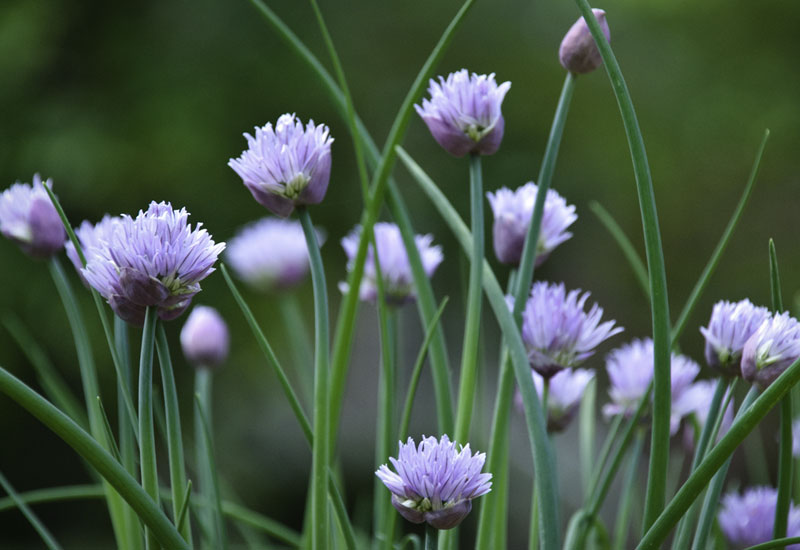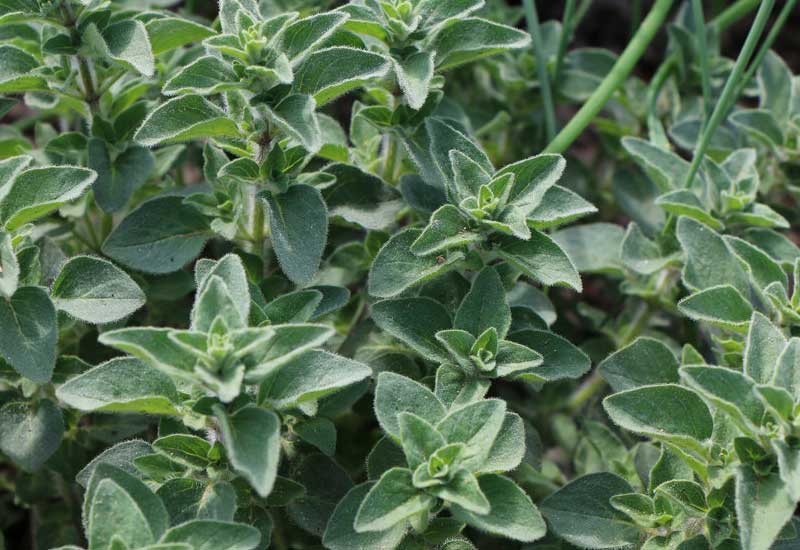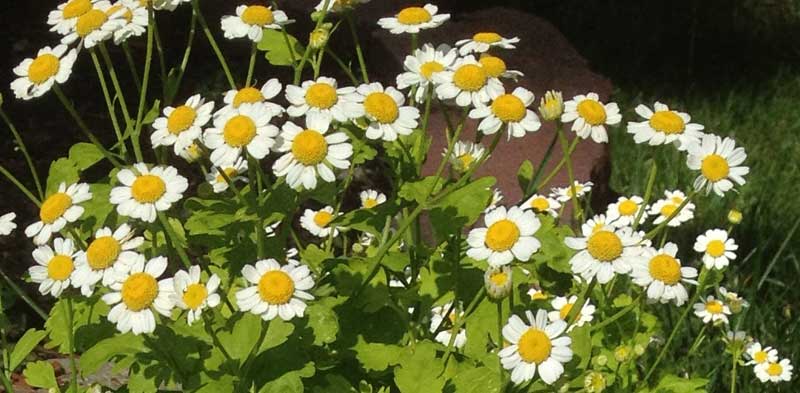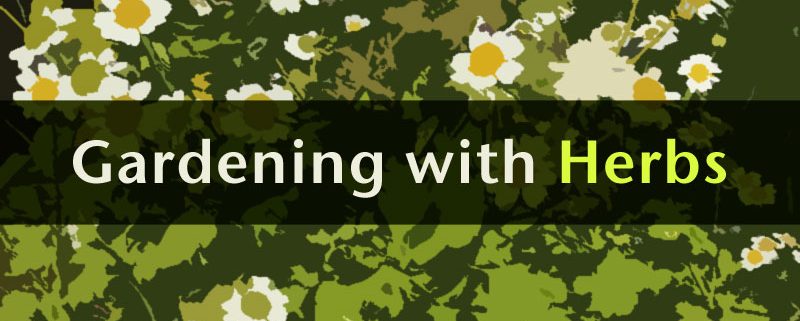Garden: All About Herbs
Cary, NC – How about some plants that you add to almost anywhere in your yard that require little to no care, look good, smell good and you can eat them? That is an herb.
Herb Guidelines
Now, not all herbs are effort-free but most herbs familiar to North Americans are and it is a good time to plant some in the Piedmont of North Carolina.
Because most herbs are relatively easy to grow, choose plants you will use most. When growing herbs the basic guidelines are:
- Good to average garden soil
- Well-drained soil (herbs don’t like wet feet so use raised beds if drainage is poor)
- Test the soil and only applying fertilizers if there is a big deficiency
- Plant in an area with 6+ hours of sun
- Mulch after planting to preserve moisture
In general, I do not use fertilizers on my herbs. Once they are established, you will be surprised how well they thrive and I have little-to-no disease problems with them as well.
What Kind of Herb?
Next, know if the plants are an annual, biennial or perennial. For perennials, make sure you place them in an area that they can grow quite a bit since they will be there for years. While some annuals, like basil, require a lot of space, remember they will be gone after summer. This information is important because it will help determine your site and what plants to plant together. I have a dedicated garden just for herbs but you don’t have to. Use them throughout the area of your yard as accent plants or border plants.

Garlic Chives.
At our last Master Gardener Monthly Meeting we had a wonderful talk on Foodscaping from Brie Arthur. She presented the idea to use more of your yard for plants that provide food. I loved the concept and have started by moving some herbs in more areas of my yard. I just split my oregano and put it in a flowerbed, which I will border with lemon thyme. It will look great and be there for years. I have also used rosemary as an accent plant and hedge and my bay laurel is becoming a tree that looks great anchoring one end of my garden next to an azalea.

Oregano
More Advice
Brie’s ideas can be found on her link, https://briegrows.com/. Another great resource is the Master Gardener site that gives you a quick break down on herb growing requirements and uses for the home gardener, http://content.ces.ncsu.edu/growing-herbs-for-the-home-gardener.
Lastly, don’t forget Friends of Page Walker Herbfest, May 7, 9 AM to 3 PM at the Page Walker Arts & History House, 119 Ambassador Loop Cary, NC 27513.
Mel’s Tip of the Month
Some words of caution: some plants, such as ones in the mint family, really need to stay in a pot. It will spread more than you could ever use! And if you plant dill, curly parsley or fennel, plant extra because that is a favorite food of Swallow Tail Butterfly caterpillars. If you do not want your parsley touched, plant flat leaf parsley.
Happy Gardening!

Feverfew, sometimes called Bachelor’s Buttons.
Melody Hughes is a North Carolina State Extension Master Gardener Volunteer and a real estate agent at Dunlap Lilley Properties, Inc. Photo credits: Oregano – Roman Plessl; Garlic Chives and Feverfew – Hal Goodtree.
The Gardening Column is sponsored by Garden Supply Company on Old Apex Road in Cary.



